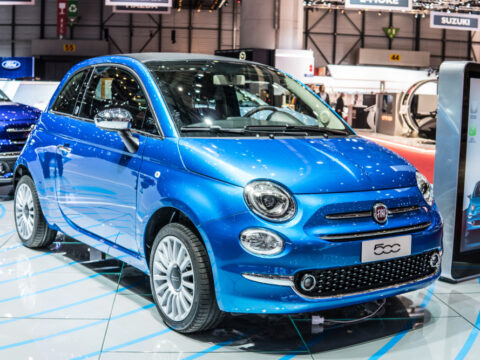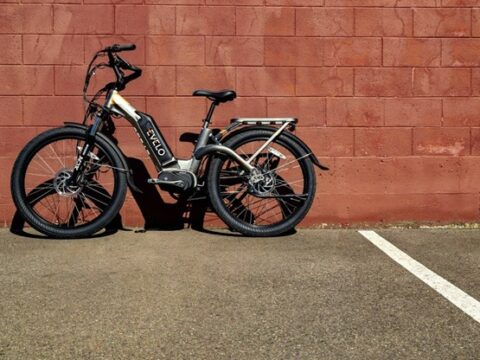Thinking about switching to an electric car? While the environmental benefits and fuel savings are often touted, several hidden financial realities could impact your wallet. Beyond the initial sticker price, factors like maintenance costs, charging infrastructure, and resale values can significantly influence the overall affordability of owning an electric vehicle. Here, we’ll discuss common misconceptions about electric cars and examine the financial aspects that every potential EV owner should take into account.
Contents
Getting your very first electric car

Purchasing an electric car involves more than just the sticker price. While the initial cost may be comparable to gasoline vehicles, you’ll need to factor in additional expenses such as insurance premiums, taxes, and registration fees. Depending on where you live, there might be specific incentives or rebates for electric vehicles, but these can vary widely. Additionally, setting up a home charging station adds to the upfront investment, requiring consideration of electrical upgrades and installation costs.
High repair costs
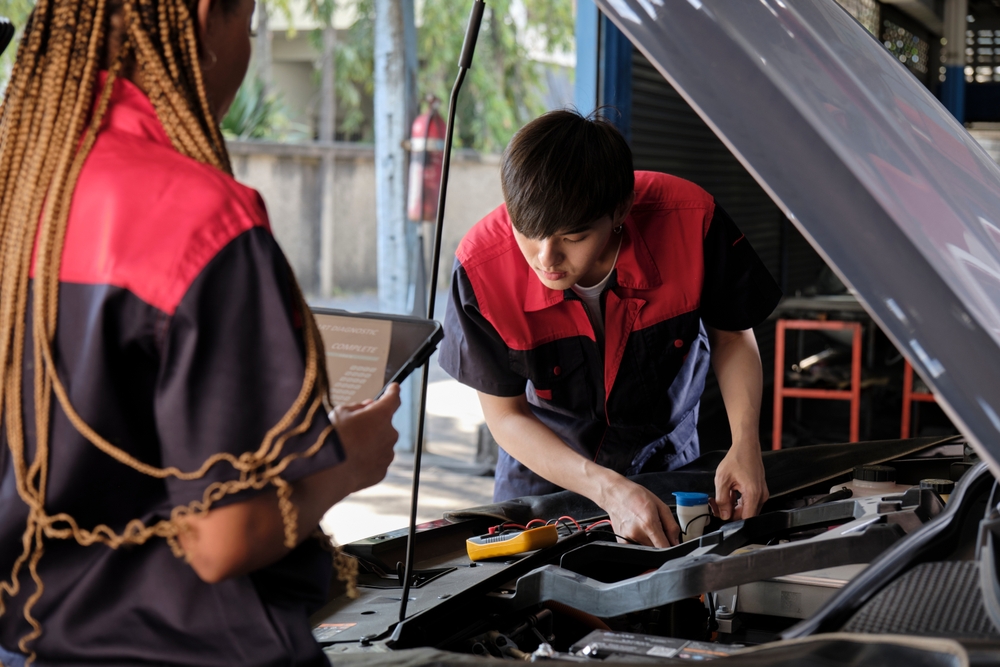
While electric cars generally have fewer moving parts and lower maintenance requirements compared to internal combustion engine vehicles, repairs for specialized components like electric motors or battery systems can be expensive. Even routine maintenance tasks may cost more if performed by specialized technicians. It’s crucial to research repair costs and warranty coverage for your specific electric car model.
Battery degradation (battery life)
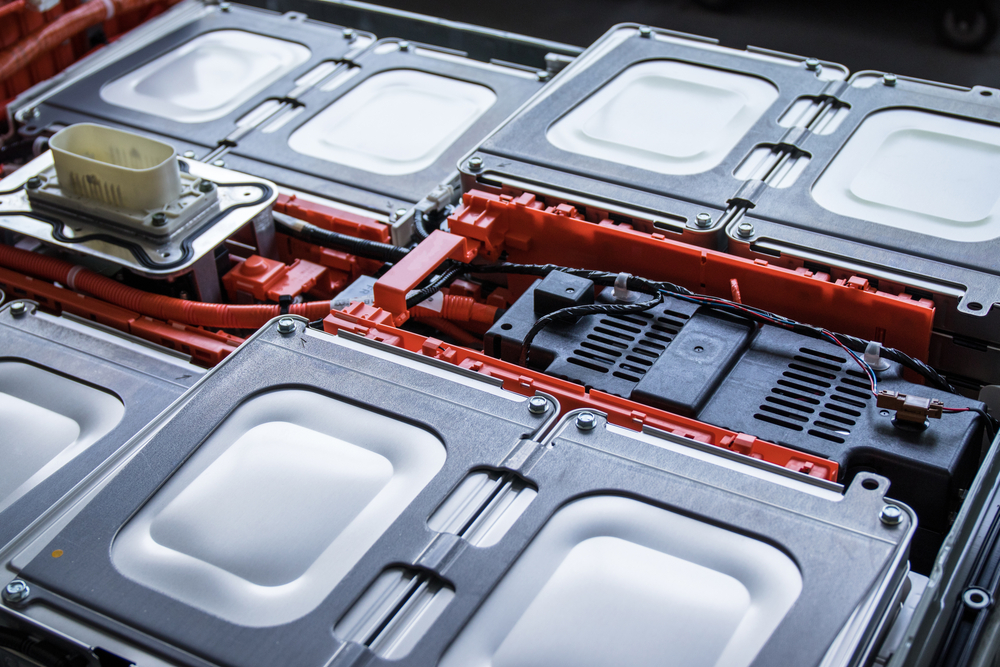
The lifespan of an electric car’s battery pack is a significant concern for many potential buyers. While manufacturers typically offer warranties that cover battery degradation up to a certain level, the cost of replacing a battery outside of warranty can be substantial. Factors such as driving habits, climate conditions, and charging patterns can affect battery health and longevity.
Installing a charging station at home
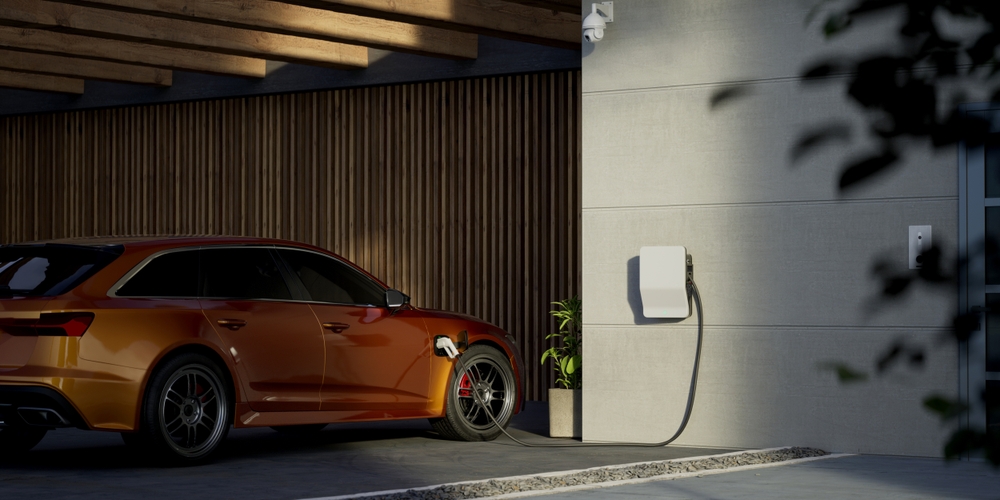
While convenient, installing a home charging station requires upfront costs for equipment, electrical work, and potential permits. Depending on your home’s electrical capacity and the desired charging speed, you may need to upgrade your electrical panel or wiring, adding to the expenses. Ongoing electricity costs for charging should also be factored into your budget.
EV charging rates
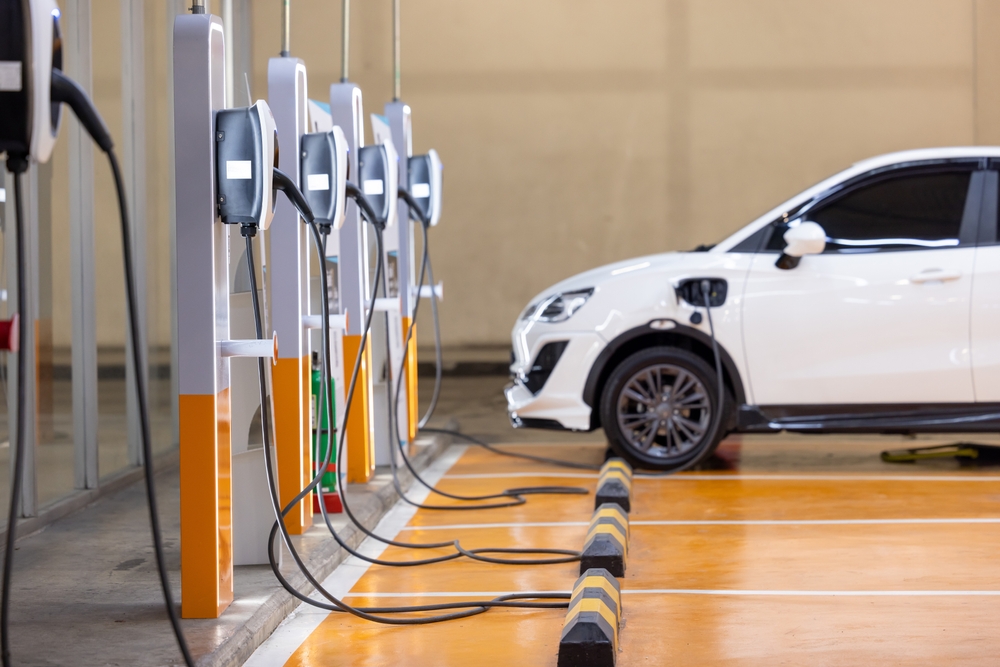
Public charging stations often have varying rates, with fast-charging options typically being more expensive. Depending on your driving habits and access to free or discounted charging, these costs can significantly impact your overall expenses. Planning routes around charging availability and cost-effectiveness is essential, especially for long-distance travel.
Trading or reselling your EV

The resale value of electric cars can be influenced by several factors, including technological advancements in newer models, battery degradation of older models, and market demand for electric vehicles. While some electric cars may retain their value well, others may experience faster depreciation. Considering the potential resale value when purchasing an EV is important for long-term financial planning.
Accessibility to charging infrastructures
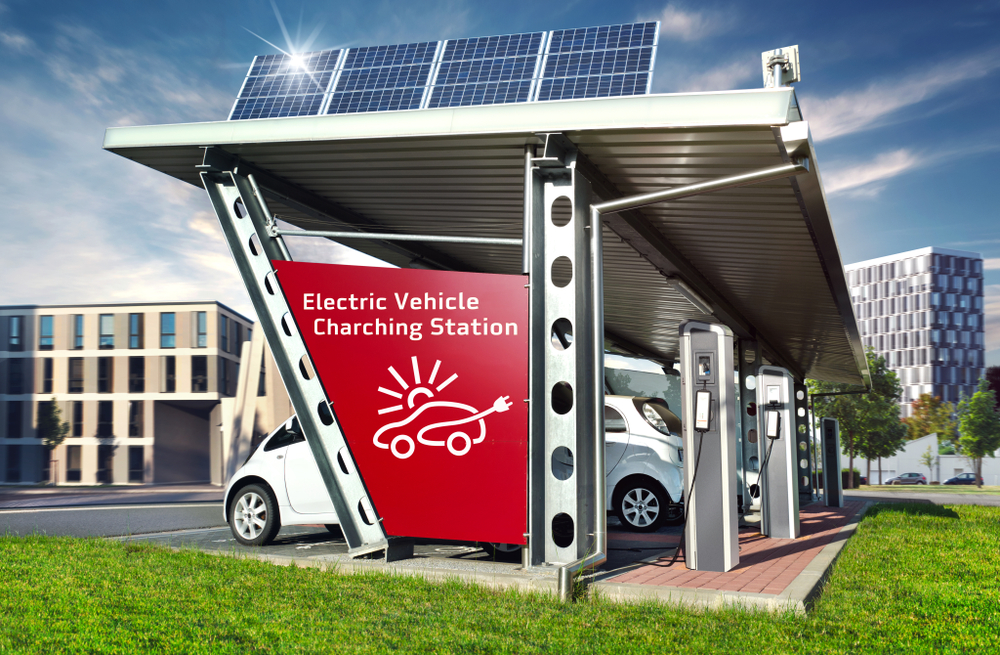
The availability and accessibility of charging stations vary depending on your location. Urban areas often have more charging options, while rural areas may have limited infrastructure. Relying solely on public charging networks, especially for long trips, can lead to additional costs and inconvenience if charging stations are crowded or unavailable.
Range anxiety
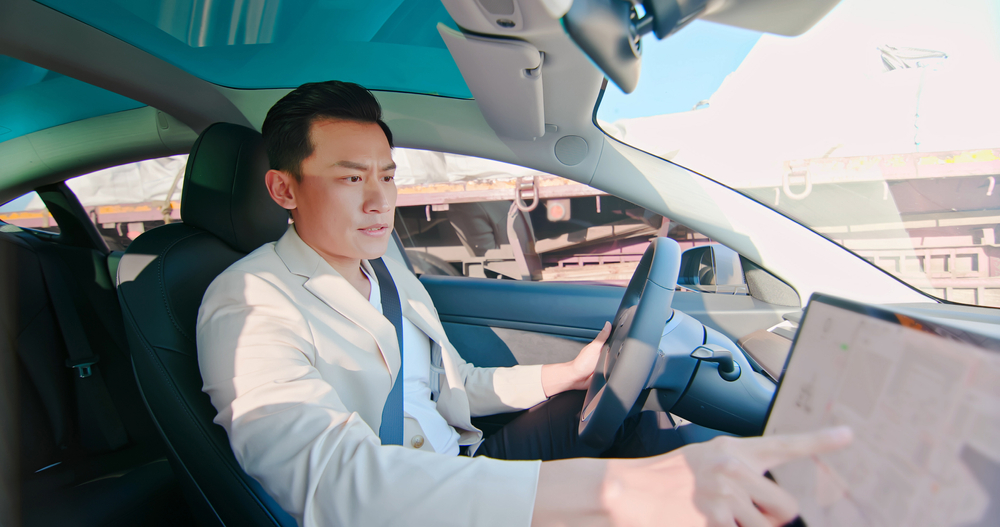
Concerns about running out of battery charge before reaching a charging station can contribute to range anxiety, impacting driving behavior and potentially requiring emergency charging solutions. While modern electric cars have improved range capabilities, planning routes and considering charging stops is essential to avoid unexpected costs and delays.
Insurance costs
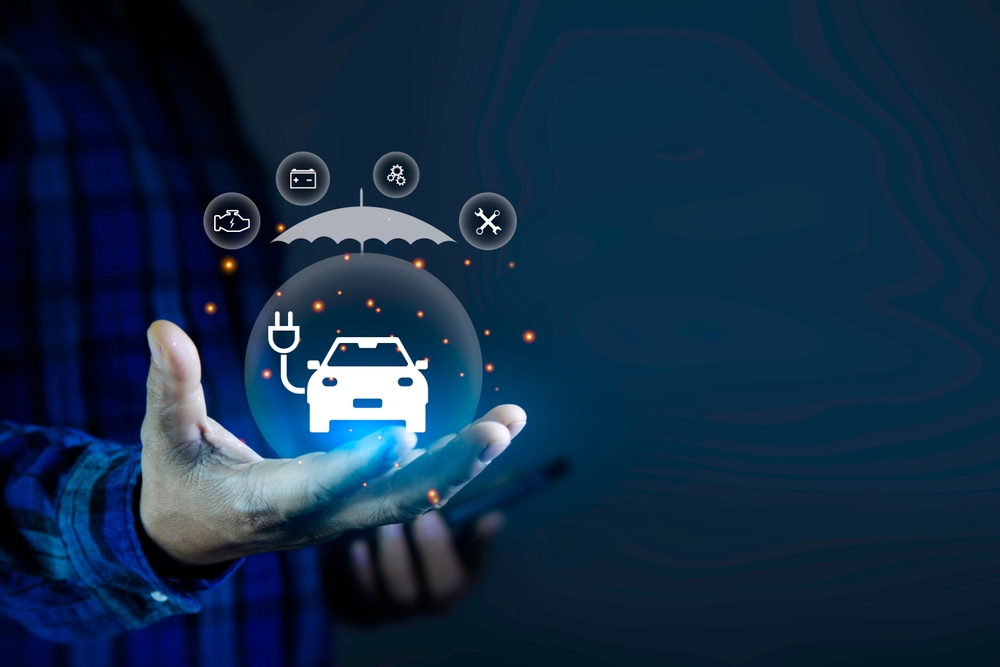
Insuring an electric car can be more expensive than a comparable gasoline vehicle due to factors such as repair costs, specialized components, and perceived risk. However, some insurers offer discounts or incentives for electric car owners. Comparing insurance quotes and understanding potential rate variations is crucial for managing ongoing expenses.
Specialized maintenance and repairs

While electric cars generally have lower maintenance requirements than internal combustion engine vehicles, servicing and repairing specialized components such as electric motors and battery systems can be costly. Finding qualified technicians and using genuine replacement parts are important considerations to ensure proper maintenance and avoid unexpected expenses.
Tax incentives and rebates

Tax incentives and rebates can significantly reduce the cost of purchasing an electric car, making them more financially attractive. However, these incentives may vary by region, change over time, or be subject to eligibility criteria. Staying informed about available incentives and planning your purchase accordingly can maximize potential savings and financial benefits.
Charging equipment upgrades

As electric vehicle technology evolves, newer models may require different charging equipment or connectors than older models. Upgrading charging equipment at home or accessing compatible public charging stations may incur additional costs. It’s important to consider potential future upgrades and compatibility requirements when investing in electric car charging infrastructure.
Insurance coverage limitations

While insurance companies offer coverage for electric cars, there may be limitations or exclusions related to specialized components such as batteries or electric drivetrains. It’s essential to review insurance policies carefully and ensure adequate coverage for potential repair or replacement costs of electric vehicle components. Additionally, insurance rates may vary based on the specific electric car model, driving history, and geographical location, impacting overall ownership expenses.
This article originally appeared on MyCarMakesNoise.
More from MyCarMakesNoise
15 Routes for Music Lovers to Explore America`s Musical Legacy

Embark on a melodious journey through the pivotal cities that have shaped America’s rich musical landscape. Whether you’re a die-hard fan of blues, jazz, country, or rock ‘n’ roll, this guide will take you to storied venues and vibrant festivals celebrating the nation’s diverse musical heritage. Read More.
Exploring the Coolest Convertibles in Automotive History

Driving is not just a means to get from one place to another; for many, it’s an expression of freedom, a journey where the destination is secondary to the thrill of the ride. This sensation is elevated to its purest form in a convertible, where the roof peels back to reveal not just the sky but a whole new layer of driving enjoyment. Read More.
13 Little-Known Secrets About the International Space Station

Welcome to the lesser-known world of the International Space Station (ISS), a marvel of modern engineering that orbits Earth. While many are familiar with its existence and purpose, numerous fascinating details remain largely hidden. Read More.


